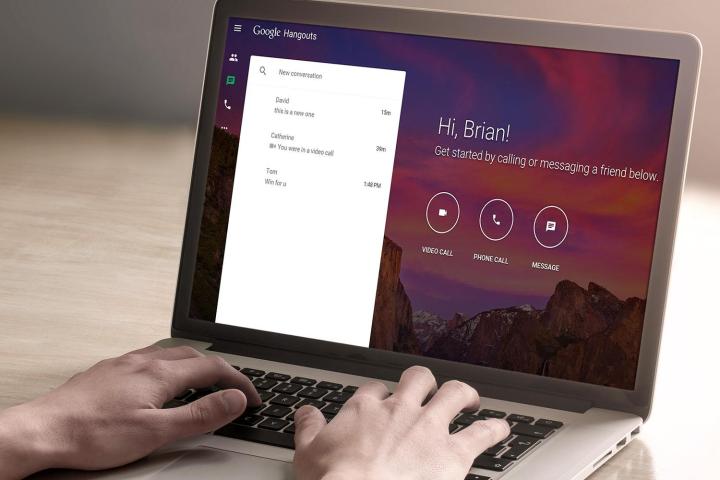
But audio is equally as important. It’s not terribly helpful to see the person or group you’re talking to in crystal-clear video if you can’t make out what they’re saying. Google understands that, which is why it has acquired voice communications company Limes Audio.
Google offers a couple of videoconferencing solutions, including Chromebox for Meetings and Google Hangouts. The company recognizes that those solutions need to provide excellent audio quality to support G Suite customers who rely on video communications to run their businesses.
Limes Audio aims to ensure that audio sounds good regardless of the quality of an internet connection. The company’s technology also works to reduce the effects of poor acoustics due to physical spaces, removing noise, distortion, and echoes that can dramatically reduce audio quality. Limes Audio’s products include its TrueVoice full-duplex audio-conferencing software, which applies full-duplex acoustic echo cancellation and other technologies to ensure high-quality audio performance.
Google didn’t provide any specifics of the acquisition, such as when the deal will actually close, how much it paid for Limes Audio, or how quickly the technology will make its way into Google’s videoconferencing solutions.
The acquisition shows Google recognizes that it’s working in a competitive environment, with alternatives like Microsoft’s Skype for Business certifying high-quality audio — and that’s a good thing for anyone who uses Google to stay connected.


